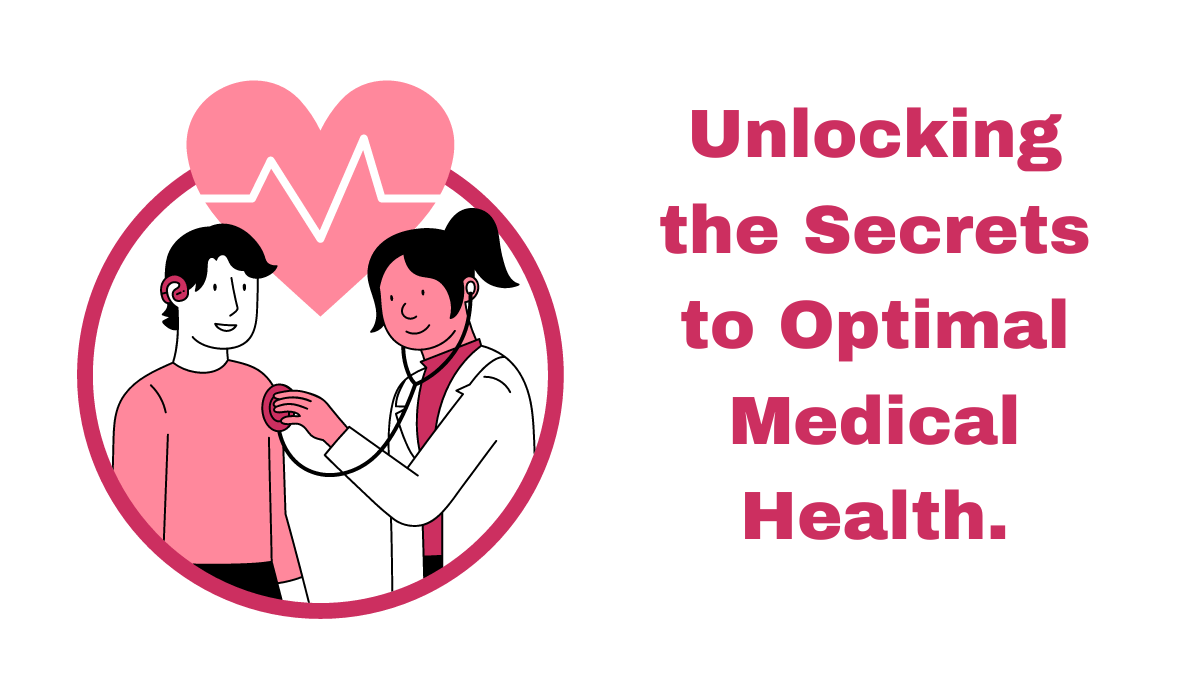For pain relief, it’s essential to look beyond conventional medications and explore holistic approaches that address the root causes of pain. This article delves into complementary and alternative methods, emphasizing lifestyle changes, physical therapy, mindfulness, and their integration with medication for comprehensive pain management.
Understanding Pain and Its Impact
Pain comes in various forms, affecting individuals physically and emotionally. Conventional approaches often focus solely on medication, sometimes falling short of providing holistic relief.
Understanding traditional pain management’s limitations is crucial to exploring more comprehensive alternatives.
Embracing Holistic Pain Management
Holistic pain management encompasses many approaches that consider the whole person—body, mind, and spirit. Recognizing the importance of a comprehensive strategy is the first step toward achieving lasting pain relief.

Lifestyle Changes for Pain Relief
Simple yet powerful lifestyle changes can significantly impact pain levels. Proper nutrition and regular exercise play key roles in managing pain, promoting overall well-being, and reducing inflammation.
Physical Therapy as a Holistic Approach
Physical therapy goes beyond the traditional view of rehabilitation. Targeted exercises, tailored to an individual’s condition, can enhance mobility, reduce pain, and improve the overall quality of life.
Mindfulness and Pain
Mindfulness practices, including meditation and stress reduction techniques, offer effective tools for managing pain. By fostering a mind-body connection, individuals can gain better control over their perception of pain.
Alternative Therapies
Complementary therapies such as acupuncture, acupressure, and massage therapy provide alternative avenues for pain relief. These practices, rooted in ancient traditions, have shown promising results in alleviating various types of pain.
Integrating Medication with Holistic Approaches
While medications play a role in pain management, the integration of holistic approaches ensures a more balanced and sustainable solution. Striking the right balance between medication and lifestyle changes is key to effective pain relief.
Creating a Personalized Pain Management Plan
Every individual experiences pain uniquely. Consulting with healthcare professionals to create a personalized pain management plan ensures that approaches are tailored to specific needs, optimizing their effectiveness.
Real-Life Success Stories
Explore case studies highlighting individuals who have successfully embraced holistic pain management. These stories provide inspiration and practical insights into the transformative power of comprehensive approaches.
Overcoming Common Challenges
Engaging patients in holistic approaches and addressing skepticism or misconceptions pose challenges. Understanding and addressing these barriers are crucial for successful implementation.
Empowering Patients Through Education
Patient education is a cornerstone of holistic pain management. Providing resources and information empowers individuals to actively participate in their pain relief journey and make informed decisions.
Future Trends in Holistic Pain Management
Advancements in technology and evolving perspectives on pain management point toward a future where holistic approaches play an even more integral role. Stay informed about emerging trends to ensure access to the latest and most effective solutions.
Conclusion
In conclusion, holistic approaches to pain management offer a comprehensive and sustainable way to address pain beyond medications. By embracing lifestyle changes, physical therapy, mindfulness, and alternative therapies alongside medication, individuals can take control of their pain and enhance their overall well-being.
FAQs
- Can lifestyle changes impact pain levels significantly?
-
-
- Yes, adopting a healthy lifestyle, including proper nutrition and regular exercise, can significantly reduce inflammation and improve overall well-being, thereby impacting pain levels.
-
- How does mindfulness help in managing pain?
-
-
- Mindfulness practices, such as meditation and stress reduction techniques, promote a mind-body connection, allowing individuals to better cope with and manage the perception of pain.
-
- Are alternative therapies like acupuncture backed by scientific evidence?
-
-
- Yes, several studies support the effectiveness of alternative therapies like acupuncture and acupressure in providing relief for various types of pain.
-
- Can holistic approaches be used alongside conventional medications?
-
-
- Absolutely. Holistic approaches can complement conventional medications, creating a balanced and personalized pain management plan.
-
- What resources are available for learning more about holistic pain management?
-
- Healthcare professionals, reputable health websites, and support groups are valuable resources for gaining knowledge about holistic pain management.






One thought on “What are The Holistic Approaches to Pain Management, Beyond Medications?”